Sewage Treatment Plant Manufacturer in Ghaziabad
With over 5 years of experience, TR Aqua Pvt. Ltd. delivers excellent sewage and effluent treatment solutions. Their systems utilize advanced technologies like MBBR, MBR, RO and more to ensure maximum treatment efficiency even for large capacities.
TR Aqua Pvt. Ltd. comes with automated features for minimal manual supervision. Their plants are specially designed keeping in mind the wastewater characteristics in Ghaziabad for maximum performance. They also provide effective O&M services for plant upkeep. Sewage Treatment Plants has executed various complex sewage treatment projects across Ghaziabad.
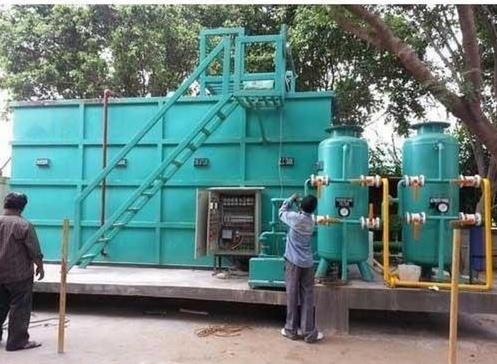
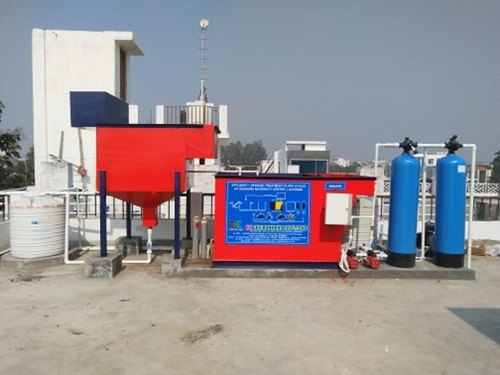
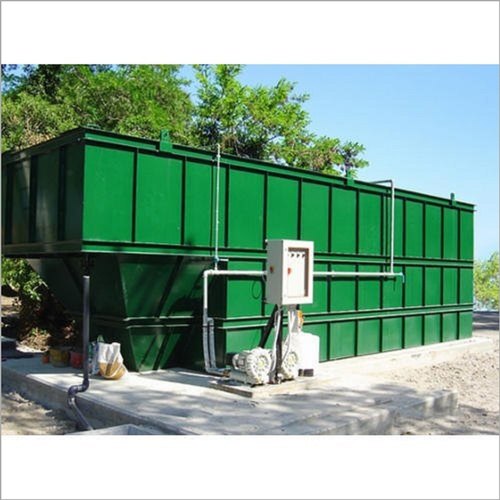
At TR Aqua Pvt. Ltd., we are dedicated to delivering efficient and eco-friendly solutions for managing wastewater. As a leading sewage treatment plant (STP) manufacturer, we use the latest technology to ensure our STP plants perform at their best, effectively treating both sewage and wastewater. Our Wastewater Treatment Plants are manufactured under the guidance of Experts. Traqua’s expertise and dedication to wastewater treatment solutions make it a trusted partner for businesses and communities seeking to address sewage and wastewater challenges.
Following are a few STP processes & systems commonly used in India.
- Activated Sludge Process
- Moving Bio Bed Reactor (MBBR Sewage Treatment Plant)
- Membrane Bioreactor (MBR Sewage Treatment Plant)
- Electro Coagulation System
- Sequential Bioreactor (SBR Sewage Treatment Plant)
- Rotating Bioreactor (RBC)
We pride ourselves to provide a customer service at 24X7 on PAN India level. We also provide different level of training to our customer to knowledge about existent plant on site. Apart from this we also offering training and educational resources to our client to update about the incorporation about the latest technology in waste water treatment.
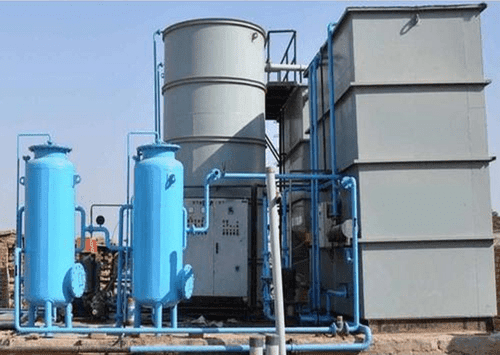
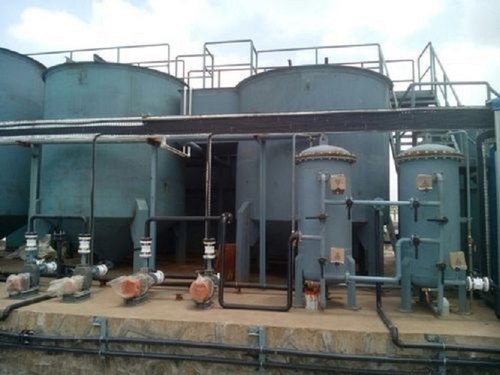
Sewage Treatment Plant Diagram
Sewage Treatment Plant includes the following stages:
- Inlet/Raw Sewage: Untreated sewage enters the plant.
- Preliminary Treatment: Large debris is removed using screens and grit chambers.
- Primary Treatment: Sedimentation in clarifiers removes solids and oils.
- Secondary Treatment: Biological processes, like aeration, break down organic matter.
- Tertiary Treatment: Further filtration or chemical treatment to remove remaining impurities.
- Disinfection: The treated water is disinfected (usually with chlorine or UV light).
- Sludge Treatment: Collected sludge is processed and either disposed of or used as fertilizer.
- Treated Water Discharge: Clean water is discharged into natural bodies or recycled.
